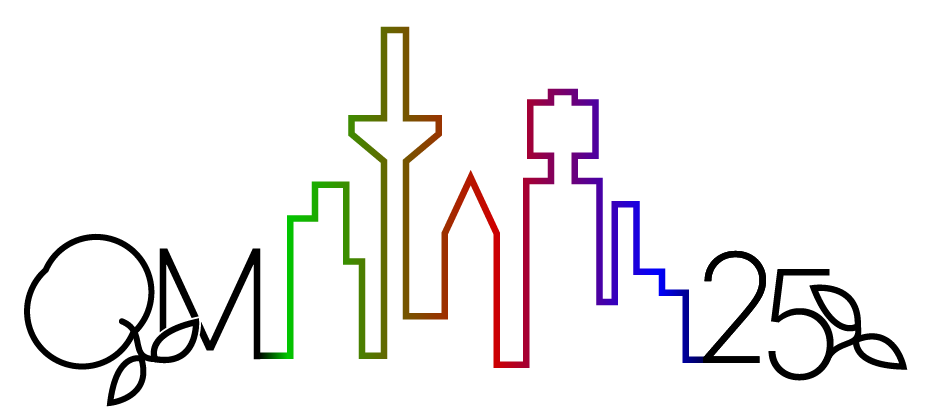Speaker
Description
In recent years, machine learning has emerged as a powerful computational tool and novel problem-solving perspective for physics, offering new avenues for studying strongly interacting QCD matter properties under extreme conditions. In this talk I will aim to provide an overview of the current state of this intersection of fields, focusing on the application of machine learning to theoretical studies in high energy nuclear physics. It covers diverse aspects, including heavy ion collisions, lattice field theory, and neutron stars, and discuss how machine learning can be used to explore and facilitate the physics goals of understanding QCD matter. The talk will also provide a commonality overview from a methodology perspective, from data-driven perspective to physics-driven perspective. The talk may also discuss the challenges and future prospects of machine learning applications in high energy nuclear physics, also underscoring the importance of incorporating physics priors into the purely data-driven learning toolbox.
Ref:
[1]K. Zhou, L. Wang, L. Pang, S. Shi, Prog. Part. Nucl. Phys. 135 (2024) 104084
[2]L. Wang, G. Aarts, K. Zhou, JHEP 05 (2024) 060
[3]M. O.K, J. Steinheimer, K. Zhou, H. Stoecker, Phys.Rev.Lett. 131 (2023) 20, 202303
[4]W. He, Y. Ma, L. Pang, H. Song, K. Zhou, Nucl.Sci.Tech. 34 (2023) 6, 88
| Category | Theory |
|---|
